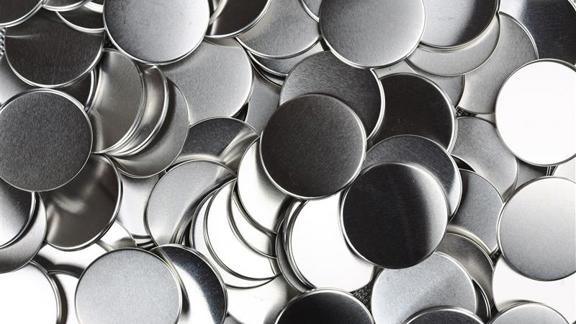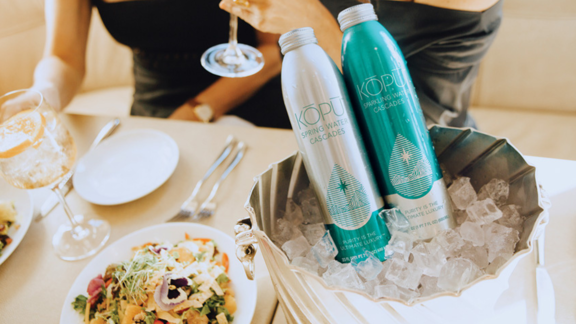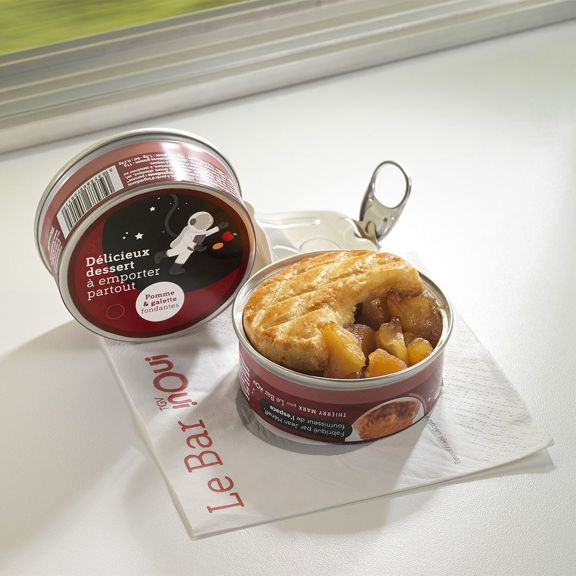Content on this website may not be accurately translated due to the limitations of the translation software from Google Translate. The official text is the English language version of the website. Any discrepancies or differences created in the translation are not binding and have no legal effect. If questions arise in relation to the accuracy of the information mentioned on the translated website, please refer to the English version of the website.
Decarbonisation progress
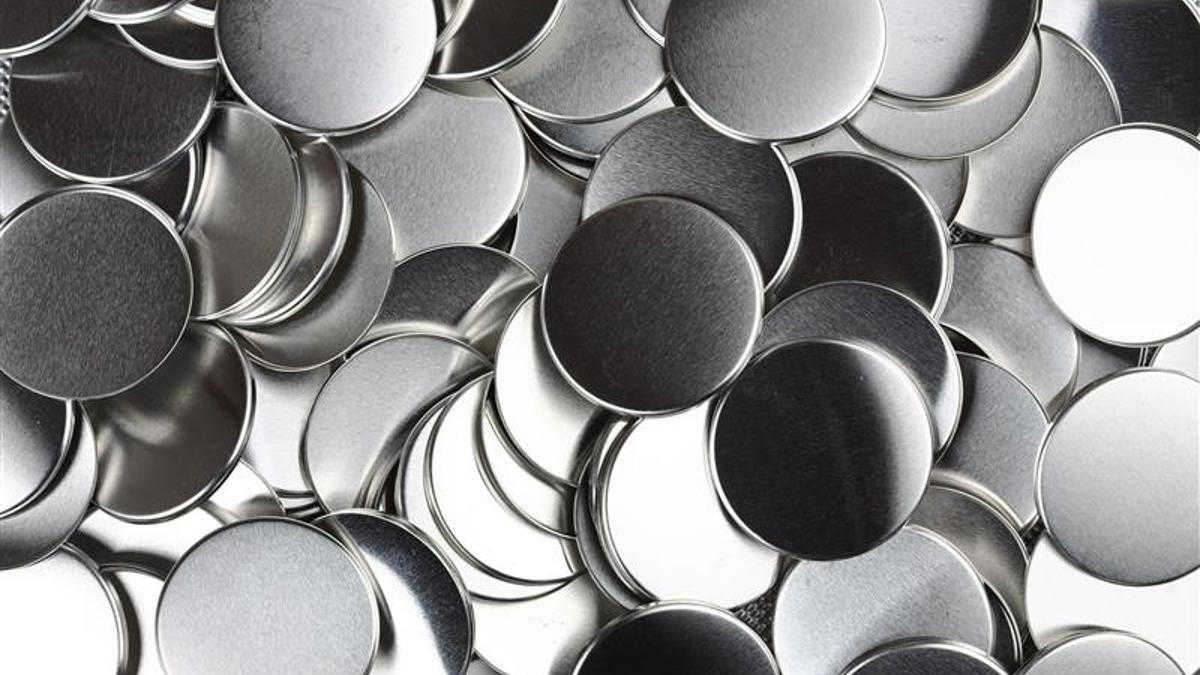
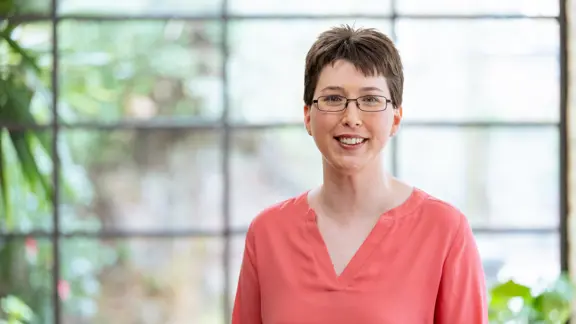
Our aluminium supplier in Argentina, Aluar Aluminio Argentino, has reached a milestone: the ability to deliver low-carbon primary aluminium through a certified mass balance approach. This method ensures that the share of aluminium produced using renewable energy is allocated transparently across the supply chain, verified by Bureau Veritas under ISO 14064 standards.
The International Aluminium Institute reports a global average cradle-to-gate footprint for primary aluminium of 15.1 tCO₂e per ton in 2022. Due to Aluar’s cleaner energy mix and using a third-party verified mass balance approach, they are able to offer a 3.58 tCO₂e per ton of aluminium, which is roughly four times lower than the global average. This positions Aluar among one of the lowest reported footprints for primary aluminium, based on a comparison to the IAI global average.
As a metal packaging producer, Scope 3 (GHG emissions in the value chain) represents the majority of our total GHG emissions, and raw materials are the largest contributor within Scope 3 (see graph below). In other words, tackling the carbon intensity of primary aluminium is one of the most effective ways we can decarbonise our business and reach our 2030 targets.
Trivium’s decarbonisation strategy consists of internal levers to address our own operations as well as engagement with external partners to reduce emissions across our value chain. Our targets are validated by the Science Based Targets initiative (SBTi): • 42% reduction in Scope 1 and 2 emissions by 2030 (vs. a 2020 baseline)¹.
• 25% reduction in Scope 3 by 2030 (vs. a 2020 baseline)¹.
• We also aim to reach net-zero value chain greenhouse gas emissions by 2050².
• For more information on our decarbonisation strategy, please visit our Climate Transition Plan.
• Integrate low carbon primary aluminium from Aluar into Argentine and Brazilian operations, prioritising key customer programs with existing climate targets that could benefit from claiming this reduction through a mass balance approach.
• Track and report the share of low-carbon aluminium used in our products and the associated product level footprints, using consistent boundaries and verification references.

